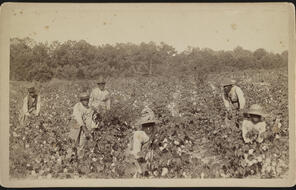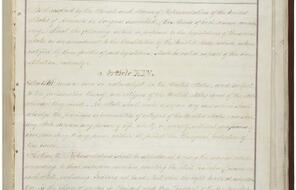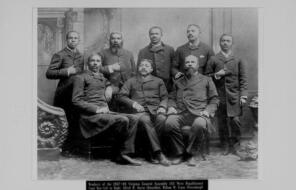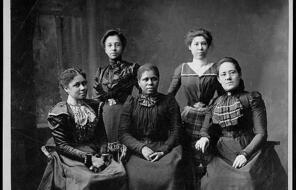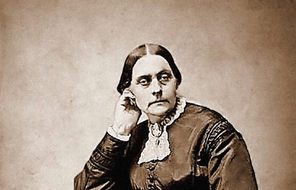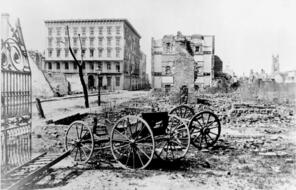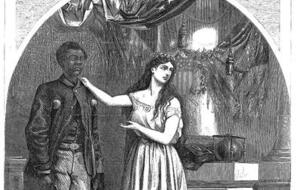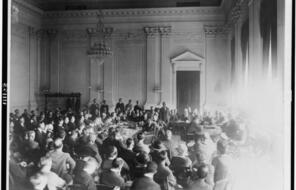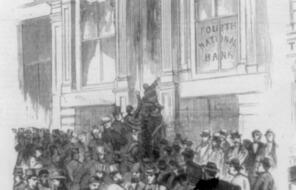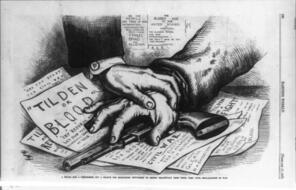"I Knew I Had to Give Him the Talk"
At a Glance
Subject
- History
- Social Studies
- Racism
Mamie Till-Mobley’s family fled Mississippi for Chicago when she was a child in the 1920s. In the summer of 1955, her son Emmett traveled from Chicago to Mississippi to visit his uncle and cousins. Before he left, Mamie Till-Mobley gave him “the talk.” She describes their conversation:
I had never had a reason to feel the kind of anxiety about him, about his safety in Argo[, Illinois] and in Chicago, that I felt about this trip to Mississippi. Even though I knew he would be with other people who knew how things worked for black folks in the South, I couldn’t leave anything to chance. I knew I had to give him the talk. It was the talk every black parent had with every child sent down South back then.
He had to understand that he would not be in Chicago and had to act differently . . . Chicago and Mississippi were different places, and white people down South could be very mean to blacks, even to black kids. Don’t start up any conversations with white people. Only talk if you’re spoken to. And how do you respond?
“Yes, sir.,” “Yes, ma’am.” “No, sir,” “No, ma’am.” Put a handle on those answers. Don’t just say “yes” and “no” or “naw.” Don’t ever do that. If you’re walking down the street and a white woman is walking toward you, step off the sidewalk, lower your head. Don’t look her in the eye. Wait until she passes by, then get back on the sidewalk, keep going, don’t look back . . .
“If you have to humble yourself,” I said, “then just do it. Get on your knees, if you have to.”
It all seemed so incredible to him. “Oh, Mama,” he said, “it can’t be that bad.”
“Bo, it’s worse than that,” I said . . .
Everything Emmett had come to believe all his life had to be unlearned as he prepared for the trip. He had developed a sense of dignity, pride, confidence, self-assuredness . . . So I warned him about the ways of the South. And a funny thing occurred to me as we were going through it all: This was the first time I had ever really spoken to Emmett about race. I was giving him some pretty strong instructions about how to avoid problems but, before this, there had never been any reason for race to come up in any way. So, I wondered whether I had done enough to make up for all I had never had to do before. After all, how do you give a crash course in hatred to a boy who has only known love? 1
- 1Mamie Till-Mobley and Christopher Benson, Death of Innocence: The Story of the Hate Crime That Changed America (New York: One World, 2003), 100–102.


